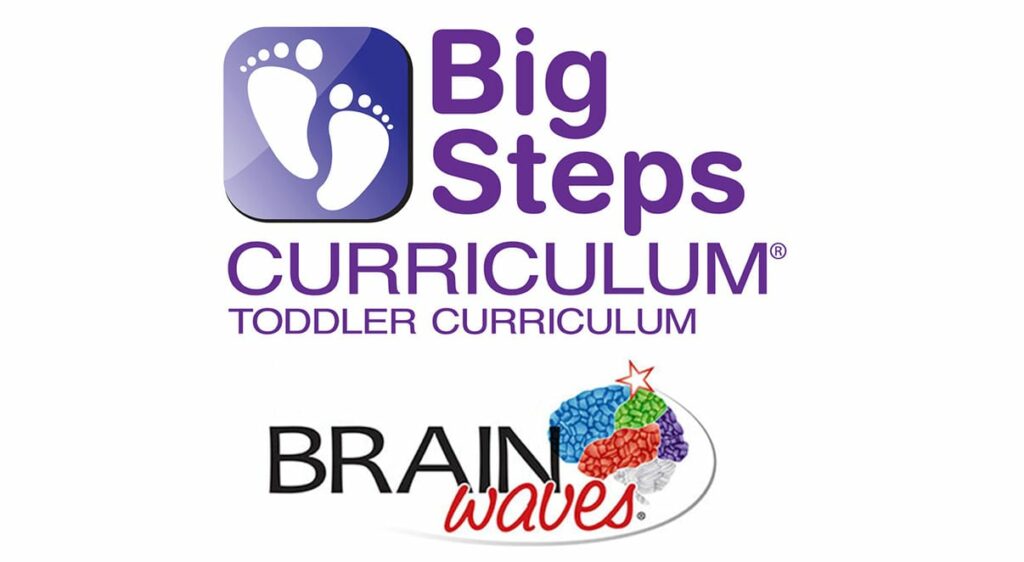- Is it good for toddlers to go to daycare?Definitely! Daycare isn't just about supervision; it's a great place for your little one to start learning how to interact with others their age and start picking up essential life skills. At our center, toddlers thrive as they explore, play, and learn in a structured setting that’s just right for their developmental stage.
- What to expect in a toddler classroom?A typical toddler classroom is filled with educational toys, puzzles, blocks, and art supplies. Here, your child will learn numbers and letters through interactive play and structured activities that also focus on social skills like sharing and teamwork. We balance cognitive development with physical and social growth, creating a holistic learning environment that feels like a second home.
- What should a toddler lesson plan include?A robust toddler lesson plan should cover a variety of activities that stimulate physical, cognitive, and social development. At Bright Stars CDC, our lesson plans include interactive storytelling, puzzles to enhance problem-solving skills, and group activities that foster social skills. We also emphasize sensory play to aid in the development of tactile skills and understanding of the world.
- What is the best age to start daycare?Deciding when to start daycare can vary for each family, but many child development experts recommend beginning between 12 to 36 months as it aligns beautifully with key stages of your child's social and emotional growth. This early start helps toddlers get used to being around other children and adults, which is fantastic for their social and emotional growth.
- Does daycare cause attachment issues?It's natural to worry about attachment, but let me assure you, there's no need for concern when dealing with high-quality daycare programs. At Bright Stars CDC, our dedicated educators focus on creating secure, loving connections with every child. This consistent, caring approach ensures that each child feels completely safe and cherished, fostering healthy emotional development while away from home.
- When should a child know their ABCs?Children typically start showing interest in letters around two to three years old. We introduce the alphabet in a playful and engaging way, using activities that make learning a natural part of their daily fun. By the time they move up to preschool, many are already familiar with their ABCs and eager to learn more.
- How many children are in a toddler classroom?According to CDC guidelines, toddler classrooms should maintain a low teacher-to-child ratio to ensure personalized attention and safety. We keep our numbers lower than many places to make sure each child gets plenty of attention. While guidelines might allow for more, we find smaller groups are best for learning and care. It means more one-on-one time for your child, and a quieter, calmer environment where they can really flourish.
Big Steps Curriculum® for Toddlers
Perfectly named to fit this fast-paced time in their lives, our Big Steps Curriculum is written to encourage your toddler to reach higher and strive farther.
DEVELOPED FOR AGES 18 TO 36 MONTHS
The Big Steps Curriculum® for toddlers fosters social and intellectual development by introducing new concepts at the right time, encouraging persistence, inspiring friendships, and giving your child the freedom to develop independence.
As your child matures from infant to toddler, they begin to practice skills through sign language, books, puppet play, music, singing, games, and conversations with peers and adults.
The Kids ‘R’ Kids Toddler Experience
Engaging your toddler in experiential learning that is both structured and fun will promote a lifelong love of learning, establish a solid foundation for literacy, and form meaningful life skills for future success. This video gives us a glimpse of how a day at Kids ‘R’ Kids will delight your toddler.
Contact us today!KEY TODDLER CURRICULUM ACTIVITIES
Teaching your toddler the FUNdamentals
Teaching your toddler the FUNdamentals
COGNITIVE & PHYSICAL DEVELOPMENT
Learning through sensory play and physical activity reinforces reasoning skills, improves attention span, and sharpens memory skills.
- Activities such as popping bubbles floating in the air help toddlers develop thinking skills as they repeat a desired action to determine cause and effect.
- Rolling a ball to a friend helps a toddler strengthen visual tracking skills while connecting to people and their surroundings.
Teaching your toddler the FUNdamentals
COGNITIVE & PHYSICAL DEVELOPMENT
Learning through sensory play and physical activity reinforces reasoning skills, improves attention span, and sharpens memory skills.
- Activities such as popping bubbles floating in the air help toddlers develop thinking skills as they repeat a desired action to determine cause and effect.
- Rolling a ball to a friend helps a toddler strengthen visual tracking skills while connecting to people and their surroundings.
Teaching your toddler the FUNdamentals
COGNITIVE & PHYSICAL DEVELOPMENT
Learning through sensory play and physical activity reinforces reasoning skills, improves attention span, and sharpens memory skills.
- Activities such as popping bubbles floating in the air help toddlers develop thinking skills as they repeat a desired action to determine cause and effect.
- Rolling a ball to a friend helps a toddler strengthen visual tracking skills while connecting to people and their surroundings.
BIG STEPS CURRICULUM® & BRAIN WAVES®

Crucial during your child’s first five years, healthy brain development is maximized through stimulating interactions and experiences. Because of this, our Brain Waves® Curriculum enhances our core curriculum to boost your child’s intellectual capacity and ensure future success in education and life.
THE INFANT/TODDLER ACTIVITY BOOK included HERE gives clear insight on how the brain works with fun exercises you can do with your child.

